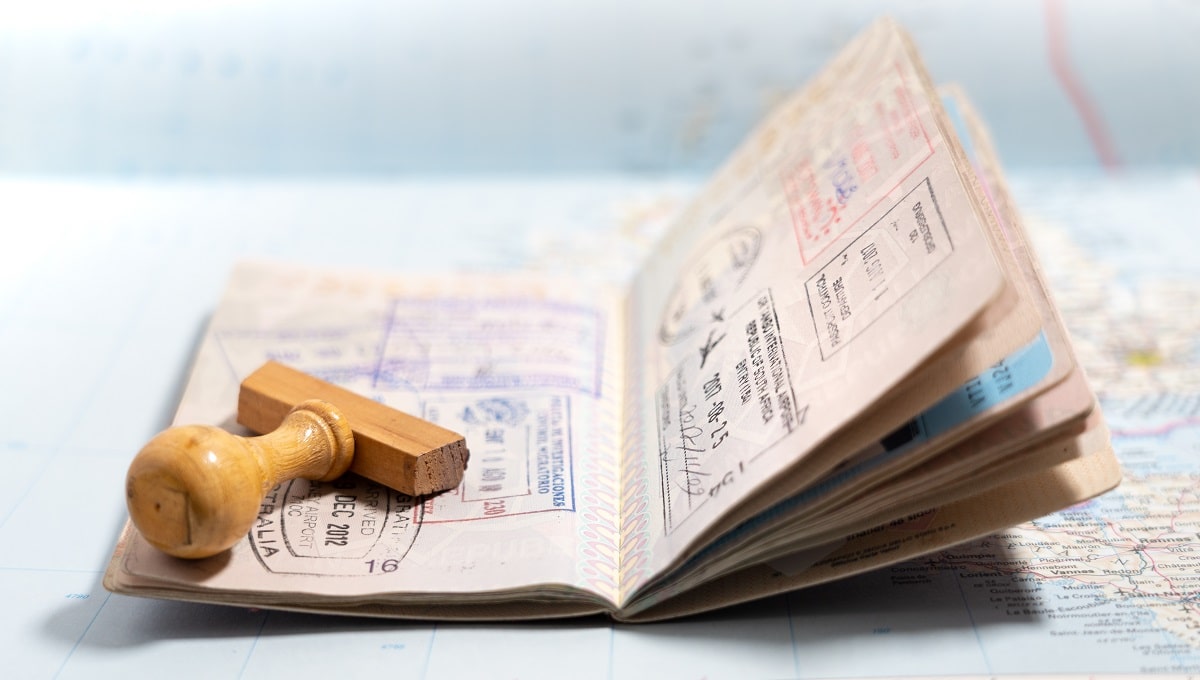Vietnam’s energy sector is booming, attracting international investors and companies eager to participate in the country’s ambitious energy projects. Navigating the complex legal landscape of this dynamic industry requires expertise and a deep understanding of the local regulations. ANT Lawyers, an
energy law firm in Vietnam, provide legal advice in energy law and is here to guide you through the intricacies of the sector.
Our Expertise in Energy Law
At ANT Lawyers, we recognize the critical role that energy plays in Vietnam’s development. Our team of experienced lawyers in Vietnam is dedicated to providing comprehensive legal services tailored to the needs of our clients in the energy sector.
Project Compliance and Advisory
We have a proven track record of advising multinational corporations such as Toshiba Corporation, Mitsui Engineering & Shipbuilding Co., IHI Corporation, and CTCI on compliance and regulatory matters related to energy projects in Vietnam. Whether it’s ensuring compliance with local laws or navigating the complexities of international agreements, our energy lawyers are well-equipped to provide expert guidance.
EPC Consortium Support
Our expertise extends to assisting companies forming Engineering, Procurement, and Construction (EPC) consortiums. In projects like the Van Phong Power Plant in Khanh Hoa Province, where Japanese and Taiwanese companies collaborated, ANT Lawyers played a pivotal role in providing legal advice on compliance, enabling project execution.
Renewable Energy Investment
As Vietnam increasingly embraces renewable energy sources, ANT Lawyers is at the forefront of this transition. We advised ASIA RENERGY in the Thuan Nhien Phong Wind Power Plant project in Binh Thuan Province. Our services included corporate structuring to facilitate investor participation in this wind power project, ensuring compliance with all relevant regulations.
Why chose ANT Lawyers, an energy law firm in Vietnam
In-Depth Industry Knowledge: Our energy lawyers possess an in-depth understanding of Vietnam’s energy sector, including the regulatory framework and industry trends. This knowledge allows us to offer the most relevant and up-to-date legal advice.
Multinational Experience: ANT Lawyers has a record of working with multinational energy companies, making us well-versed in the unique challenges and opportunities faced by international investors in Vietnam’s energy market.
Customized Solutions: We understand that every energy project is unique. Our team tailors legal solutions to meet the specific needs of our clients, ensuring that their interests are protected throughout the project’s lifecycle.
Local Insight: As a Vietnam-based law firm, we possess a deep understanding of the local business environment, culture, and language. This local insight is invaluable when dealing with government authorities and local partners.
Comprehensive Support: From project inception to completion, ANT Lawyers offers comprehensive legal support. Whether it’s corporate structuring, compliance, contract negotiations, or dispute resolution, we are your trusted legal partner every step of the way.
Discover Your Path to Success with ANT Lawyers
In Vietnam’s fast-evolving energy sector, having a knowledgeable and experienced legal partner is essential. ANT Lawyers, with its team of dedicated lawyers, is committed to helping you achieve success in your energy ventures.
Whether you are a multinational corporation looking to invest in Vietnam’s energy projects or a local company seeking legal guidance, ANT Lawyers is here to provide expert advice and ensure your energy endeavors thrive. Partner with us, and together, we’ll power your success in Vietnam’s vibrant energy sector.
We have been involved in several major projects:
– Telecommunications
Nortel Networks Canada, a contractor in HTC infrastructure mobile networks project for Vietnam Mobile operator;
– Construction and Energy Project
Toshiba Corporation,
Mitsui Engineering & Shipbuilding Co.,
IHI Corporation
CTCI Corporation, EPC consortium in Van Phong Power Plant in Khanh Hoa province;
– Energy and power
ASIA RENERGY, in Thuan Nhien Phong Wind Power plant in Binh Thuan province.
ANT Lawyers is a
law firm in Vietnam with English speaking lawyers in Hanoi, Danang and Ho Chi Minh City.
As a single, fully integrated, global partnership law firm in Vietnam, we pride ourselves on our approachable, collegiate and team-based way of working.
ANT Lawyers is a member of International Bar Association, Vietnam Bar Federation, Hanoi Bar Association.
ANT Lawyers is an exclusive Vietnam law firm member of Prae Legal, a global law firm network spanning 5 continents and 150 countries.














.jpg)



